
Ernst Kuno Berthold Fischer was a German philosopher, a historian of philosophy and a critic.
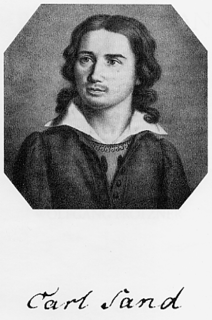
Karl Ludwig Sand was a German university student and member of a liberal Burschenschaft. He was executed in 1820 for the murder of the conservative dramatist August von Kotzebue the previous year in Mannheim. As a result of his execution, Sand became a martyr in the eyes of many German nationalists seeking the creation of a united German national state.
Georg Misch was a German philosopher.
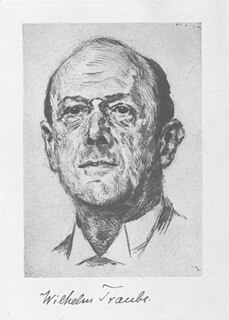
Wilhelm Traube was a German chemist.
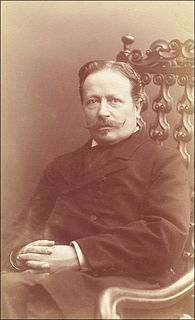
Georg Theodor Ziehen was a German neurologist and psychiatrist born in Frankfurt am Main. He was the son of noted author, Eduard Ziehen (1819–1884).
Since the 18th century Berlin has been an influential musical center in Germany and Europe. First as an important trading city in the Hanseatic League, then as the capital of the electorate of Brandenburg and the Prussian Kingdom, later on as one of the biggest cities in Germany it fostered an influential music culture that remains vital until today. Berlin can be regarded as the breeding ground for the powerful choir movement that played such an important role in the broad socialization of music in Germany during the 19th century.

David Gilly was a German architect and architecture-tutor in Prussia, known as the father of the architect Friedrich Gilly.
Klaus Gustav Heinrich von Beyme is Professor of Political Science Emeritus at the Faculty of Economic and Social Sciences of the University of Heidelberg.

Hans Reimann (1889–1969) was a German satirist, novelist, and playwright. He wrote under the pseudonyms Max Bunge, Hans Heinrich, Artur Sünder, Hanns Heinz Vampir, and Andreas Zeltner.
Freiherr von Blomberg refers to a German family.
Imanuel Geiss was a German historian.

Louis Lewin was a German pharmacologist. In 1887 he received his first sample of the Peyote cactus from Dallas, Texas-based physician John Raleigh Briggs (1851-1907), and later published the first methodical analysis of it, causing a variant to be named Anhalonium lewinii in his honor.

The Göttinger Hainbund was a German literary group in the late 18th century, nature-loving and classified as part of the Sturm und Drang movement.
Christian Gottlob Keyser was a Lutheran missionary of the Neuendettelsau Mission Society. He served for almost 22 years at the Neuendettelsau Mission Station in the Finschhafen District of New Guinea, which had been founded in 1892 by Johann Flierl. He controversially proposed the evangelization of tribes, rather than individuals, the concept known as Volkskirche. An avid linguist, he compiled one of the first dictionaries of a Papuan dialect: Dictionary of the Kâte Language, a Papuan community. He also maintained a regular correspondence with the German Geographical Society in Berlin, reporting on his naturalist findings in New Guinea. He published his memoirs (1929), as well as over 300 essays and pamphlets and ten books. An intrepid explorer, he ascended the Saruwaged Range massif in 1913.
Walter Friedrich Gustav Hermann Otto was a German classical philologist particularly known for his work on the meaning and legacy of Greek religion and mythology, especially as represented in his seminal 1929 work The Homeric Gods.

Johannes Thienemann was a German ornithologist and pastor who established the Rossitten Bird Observatory, the world's first dedicated bird ringing station where he conducted research and popularized bird study.
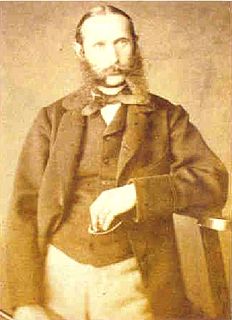
Maximilian August Scipio von Brandt was a German diplomat, East Asia expert and publicist.
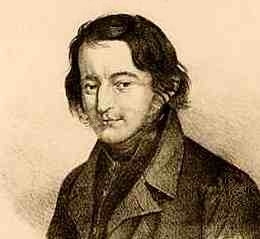
Friedrich Ludwig Weidig was a German Protestant theologian, pastor, activist, teacher and journalist. Initially working as a teacher in Butzbach, he then spent a short time as a pastor in Ober-Gleen, a district of Gießen. In what is now Hesse and the Middle Rhine, he was one of the main figures of the Vormärz and a pioneer of the 1848 Revolution.
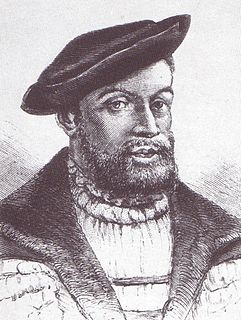
Georg Sabinus or Georg Schuler was a German poet, diplomat and academic.

Friedrich Huch was a German writer.
This page is based on this
Wikipedia article Text is available under the
CC BY-SA 4.0 license; additional terms may apply.
Images, videos and audio are available under their respective licenses.











